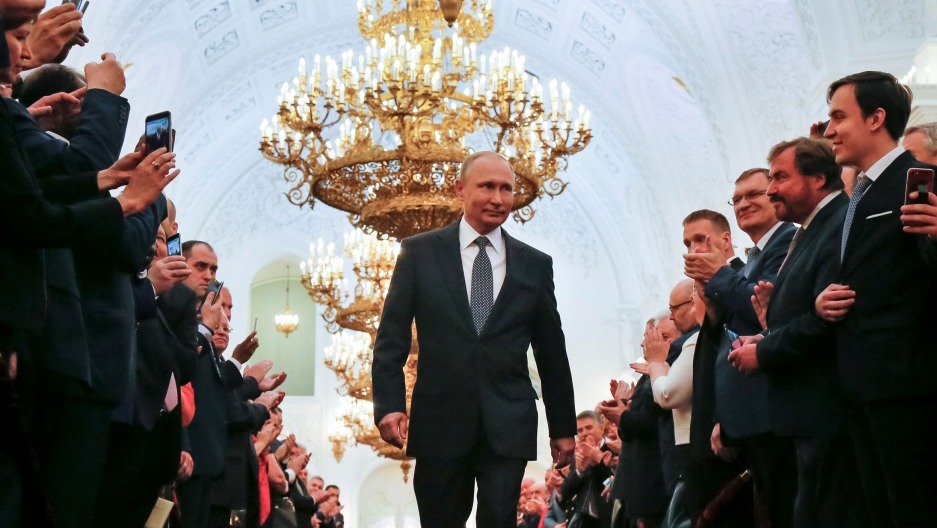The Russian Constitutional Court upheld President Vladimir Putin’s proposal for a constitutional amendment that would allow him to run for the presidency after 2024.
In fact, since Vladimir Putin was elected president for the second time, the debate over his succession and the question of what will happen after him and who will seize power has become a complex Russian domestic matter. So, in both the Russian and the Western circles, think tanks and research institutes made a lot of speculation about this.
In the last few months that Vladimir Putin himself has raised the issue of reforming the constitution, various scenarios have been put forward for Russia’s political future, including Putin’s own political future. One of these scenarios was that Putin tended to hold the post of the prime minister after the end of his presidency, with the constitutional reforms in particular, given that he was about to increase the authority of the prime minister and run the state affairs as a prime minister.
Another option was that Putin wanted to reform the constitution as a way to introduce his future successor. Especially since the debate on constitutional reform was accompanied by a cabinet reshuffle, which has led some to speculate that Putin intends to introduce a successor by bringing new faces to Russia’s political structure.
But a change that has taken place over the past few days on reforming the constitution, based on a proposal by a representative of the United Russia Party, was included in a constitutional amendment that would reduce the number of presidential terms to zero. After that, everyone, including Putin, who has been president for many years, can again run for president, virtually casting doubt on the previous speculation that, given the clause in the constitution, Putin could run for re-election.
Given that the Russian Constitutional Court has upheld the parliament’s constitutional amendment, it can be expected that if nothing special happens, Vladimir Putin will be able to run for president again in 2024 and if he remains in power he can be president for two 3-year terms, up to 2036.
As a result, the process of developments in the Russian constitution will create a situation whereby other options, namely the option of Putin’s successor, will be greatly diminished, and he may remain in power as the main decision-maker.
There are a few points to consider about the prospect of this issue and the Russian people’s view of Putin’s stay in power. First, it is about Putin’s high popularity, as he has been at the top of Russia’s political power for almost two decades, with over 70% popularity, because Putin has done valuable work for the people of his country over the past 20 years. He managed to bring Russia out of the turmoil of the 1980s and established a period of stability and security.
On the other hand, it should be noted that the polls that have been conducted in the last one or two months, especially after the constitutional debate in Russia, showed that most people’s views on Putin’s presidency after 2024 are equal. That is, Putin may be an acceptable person in the eyes of a person, but he would rather not to see him stay in power.
At the same time, there are still four years to 2024 and during this time things may happen that would affect the public opinion of the Russian people. However, anti-Putin activities too should not be ignored.
Although the Coronavirus outbreak and the restriction on gatherings may prevent widespread street protests following the reform but there may be protests in the coming months. However, the history of street protests in Russia has shown that it is virtually impossible to interfere with Putin’s projects.










0 Comments